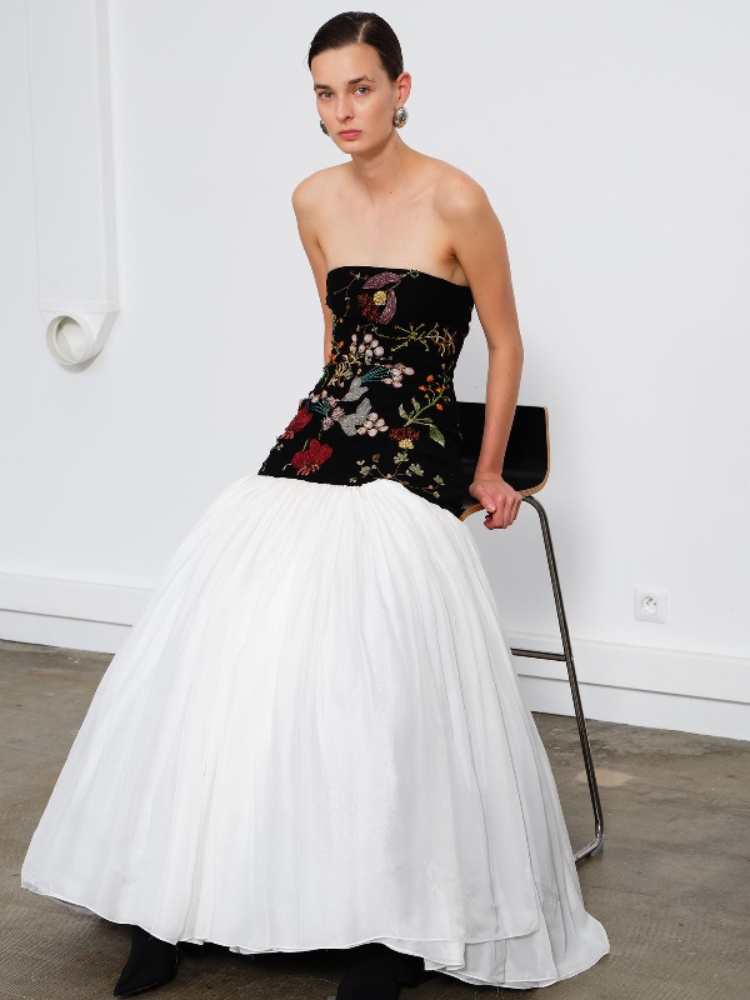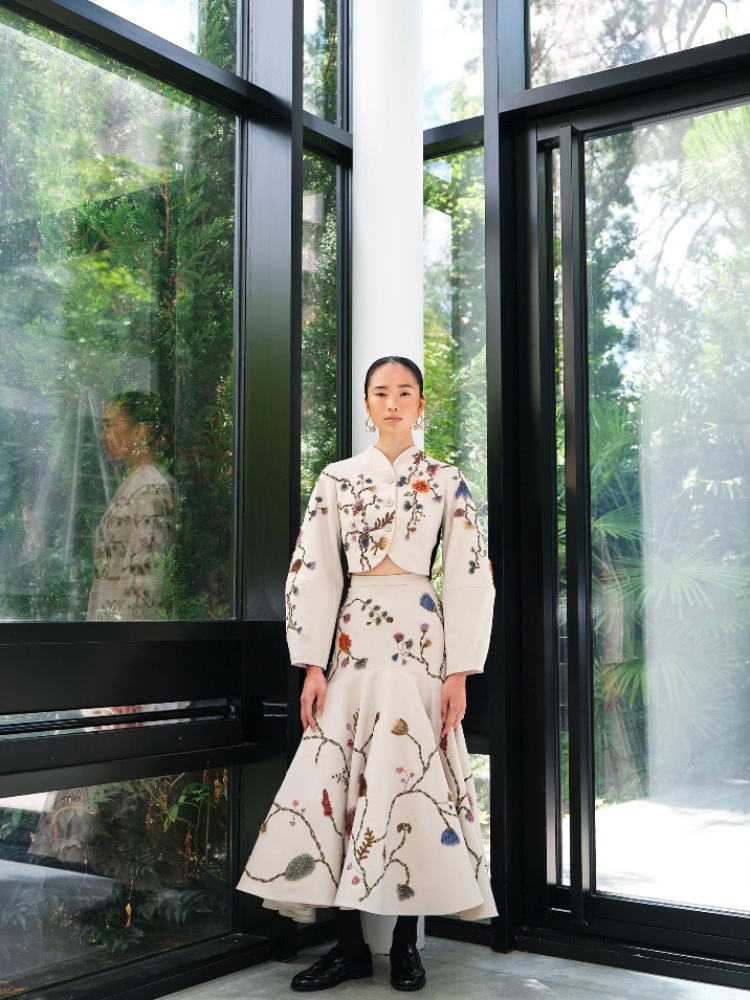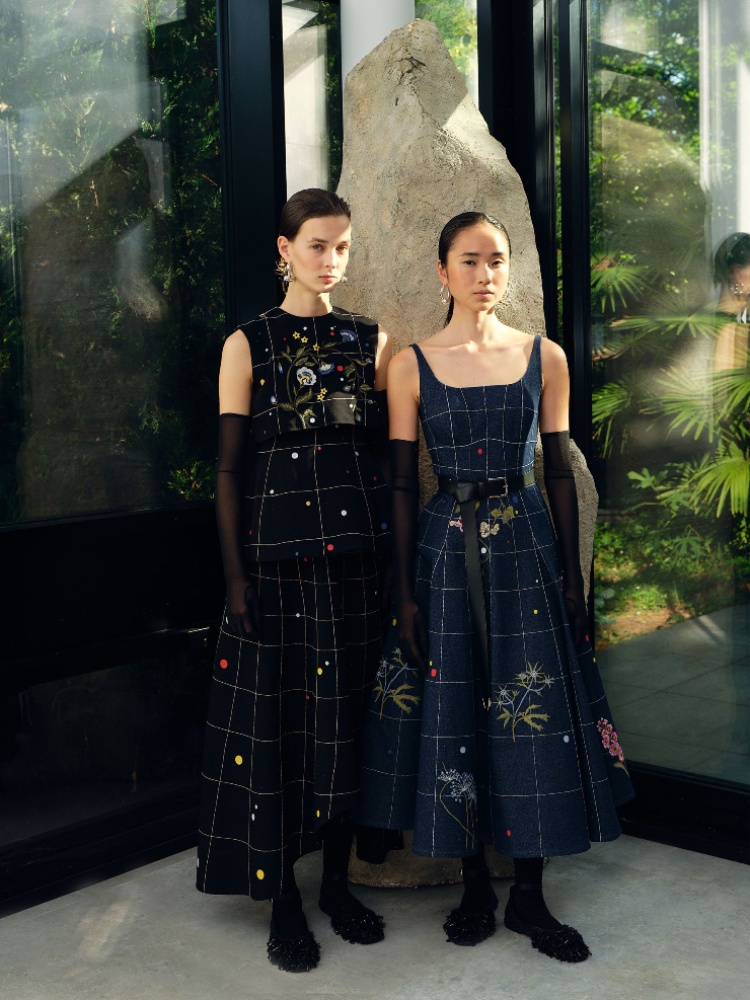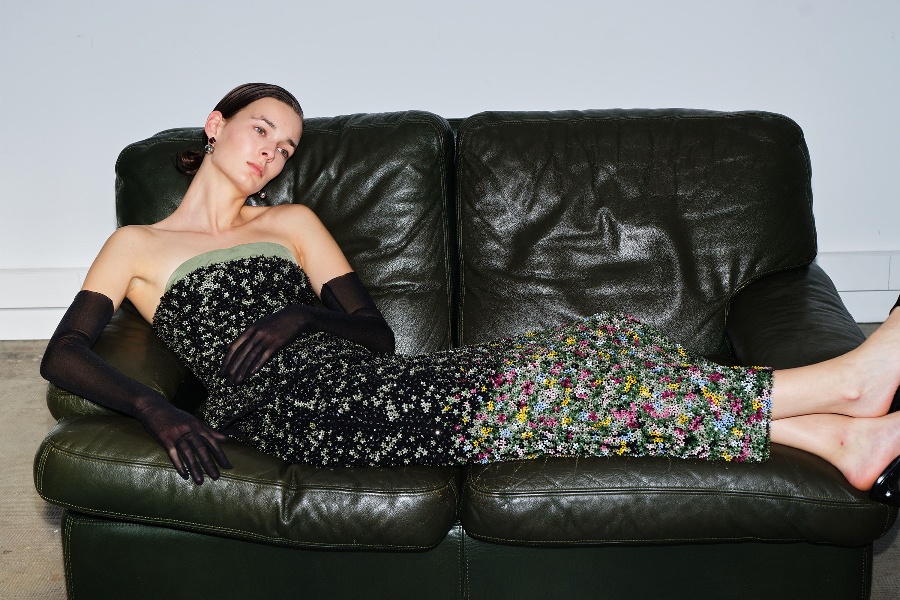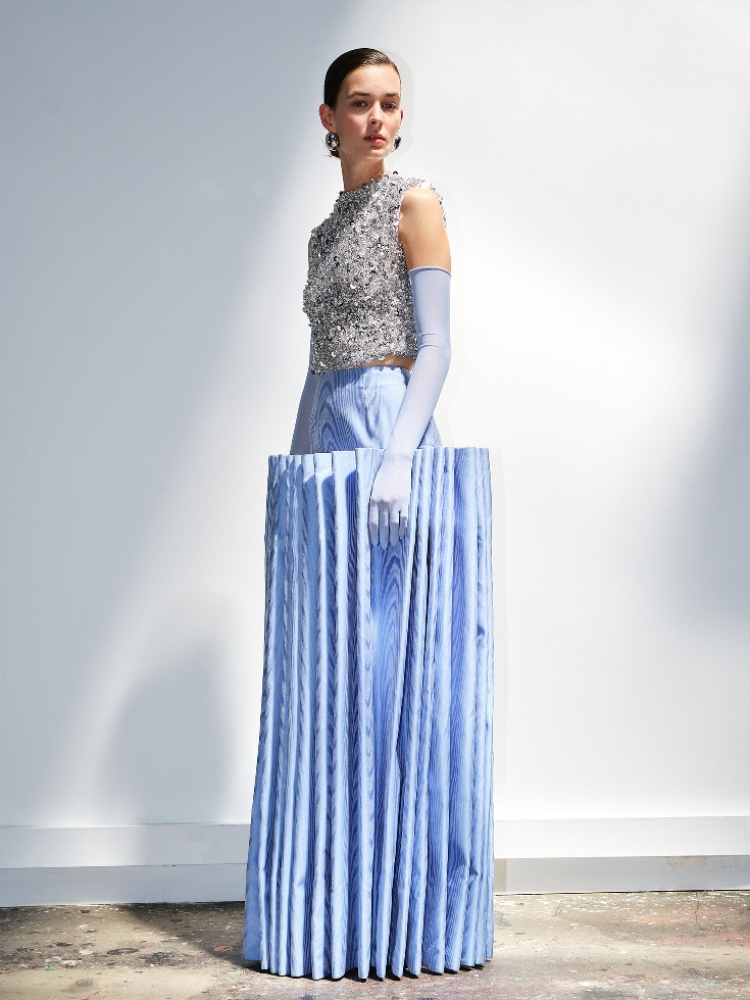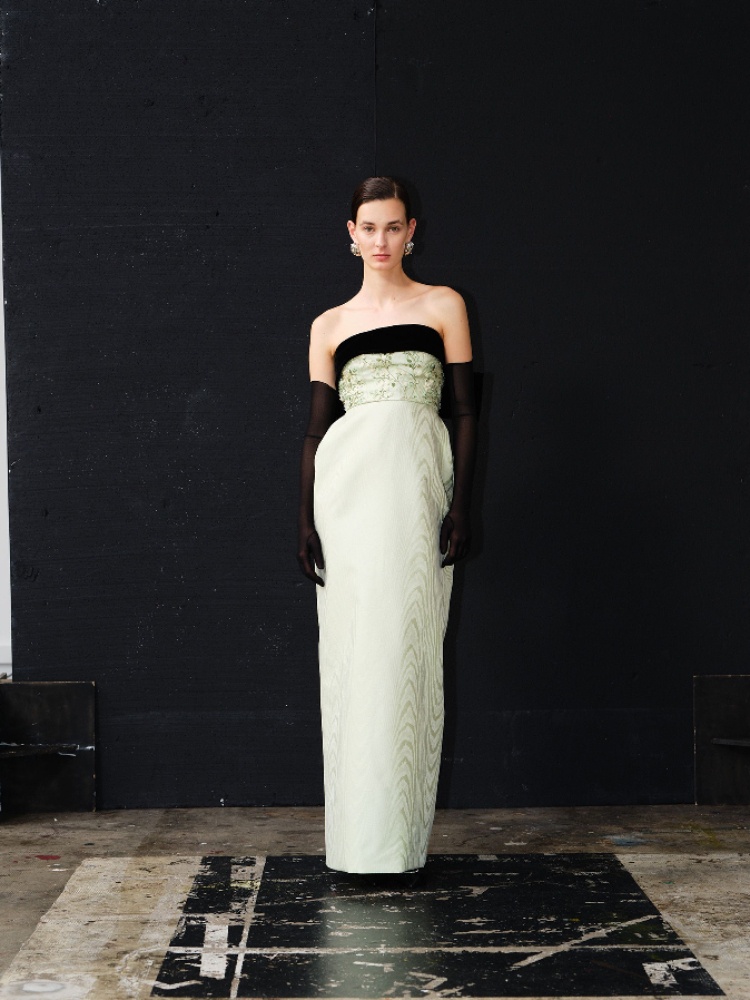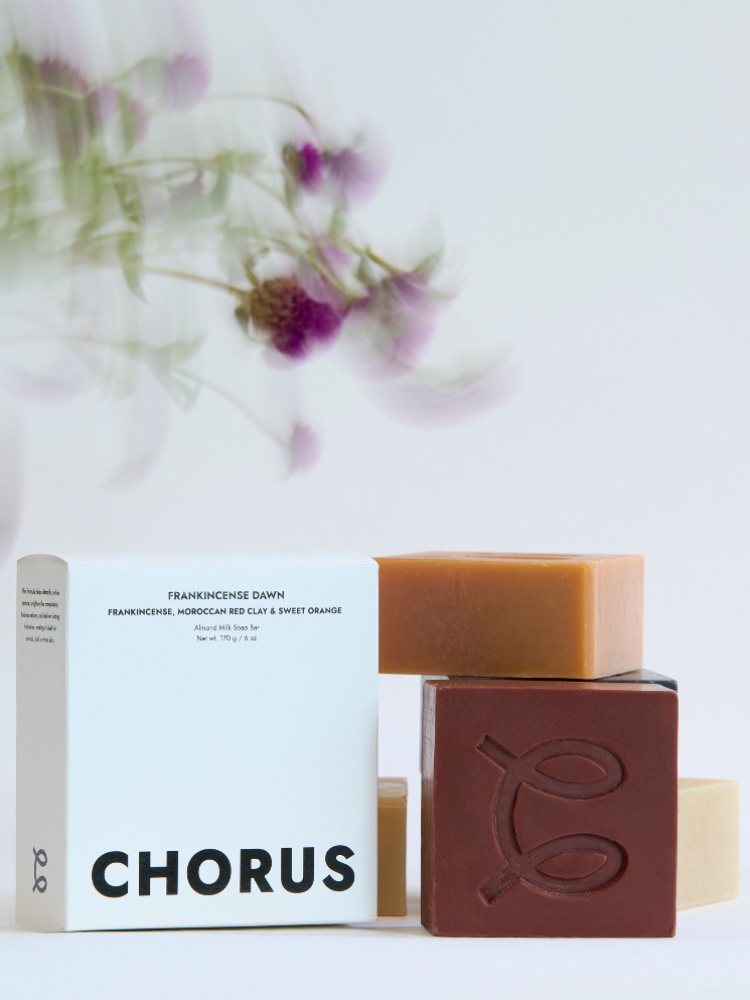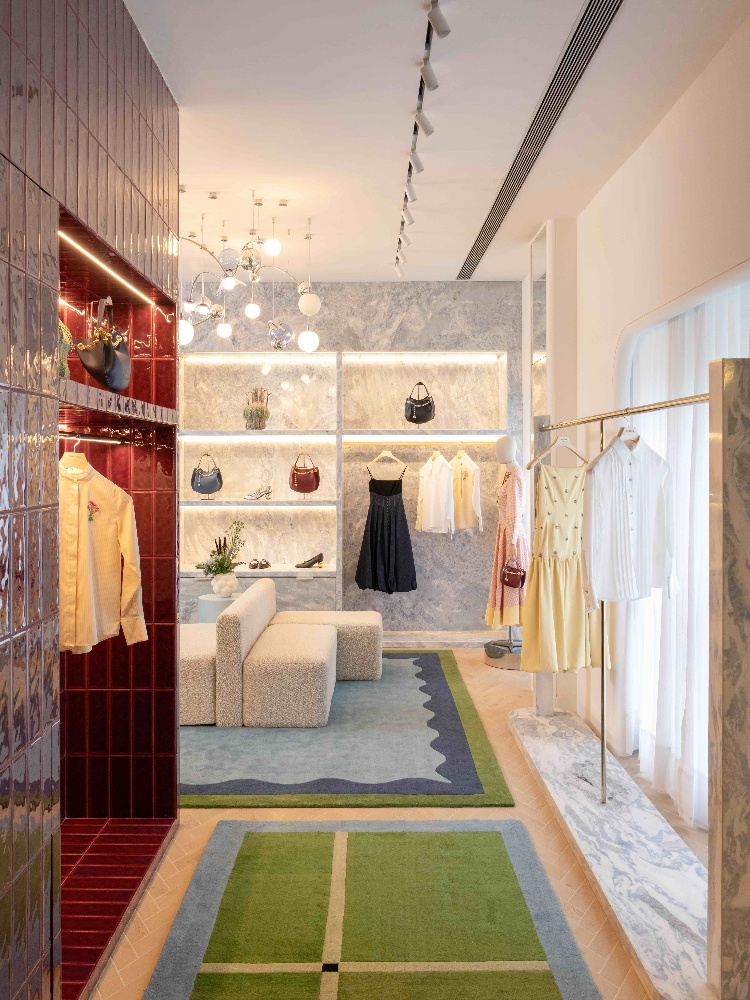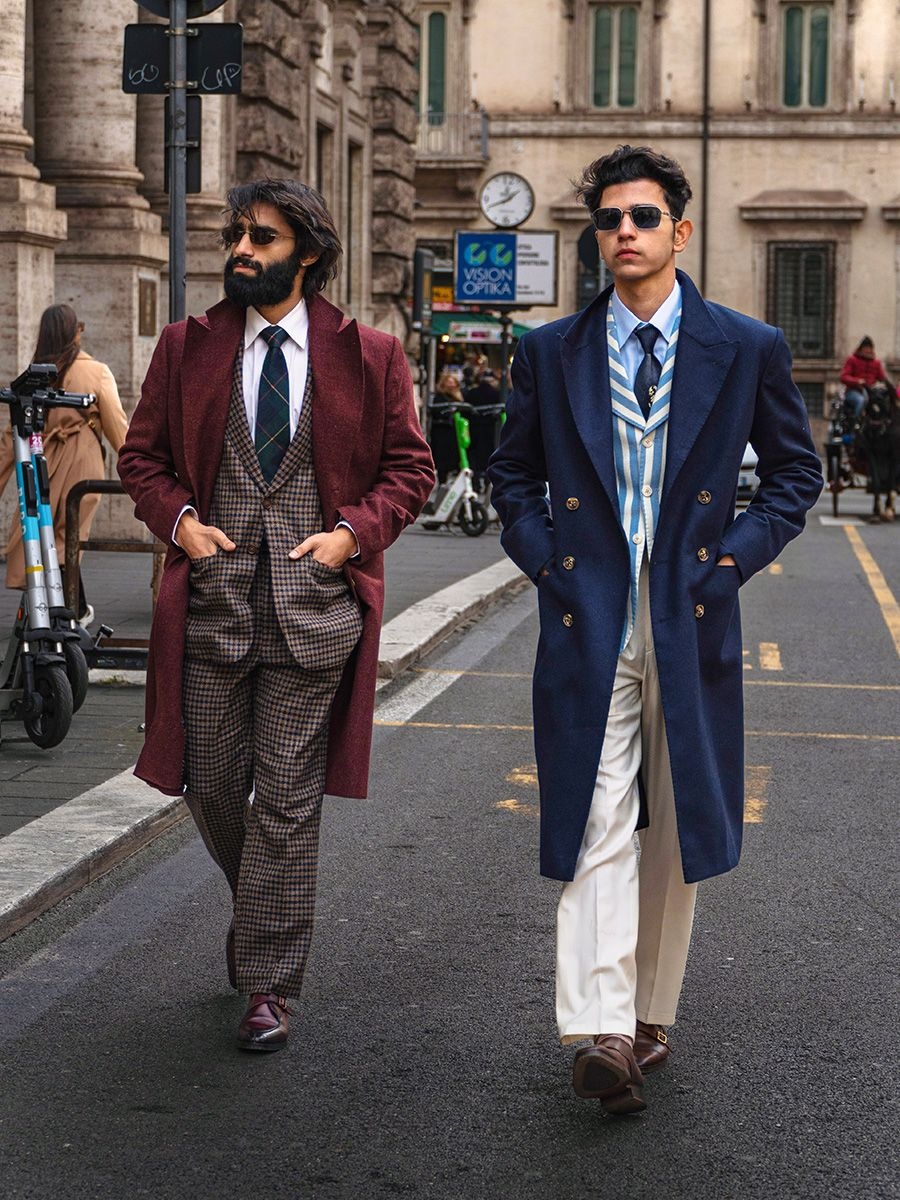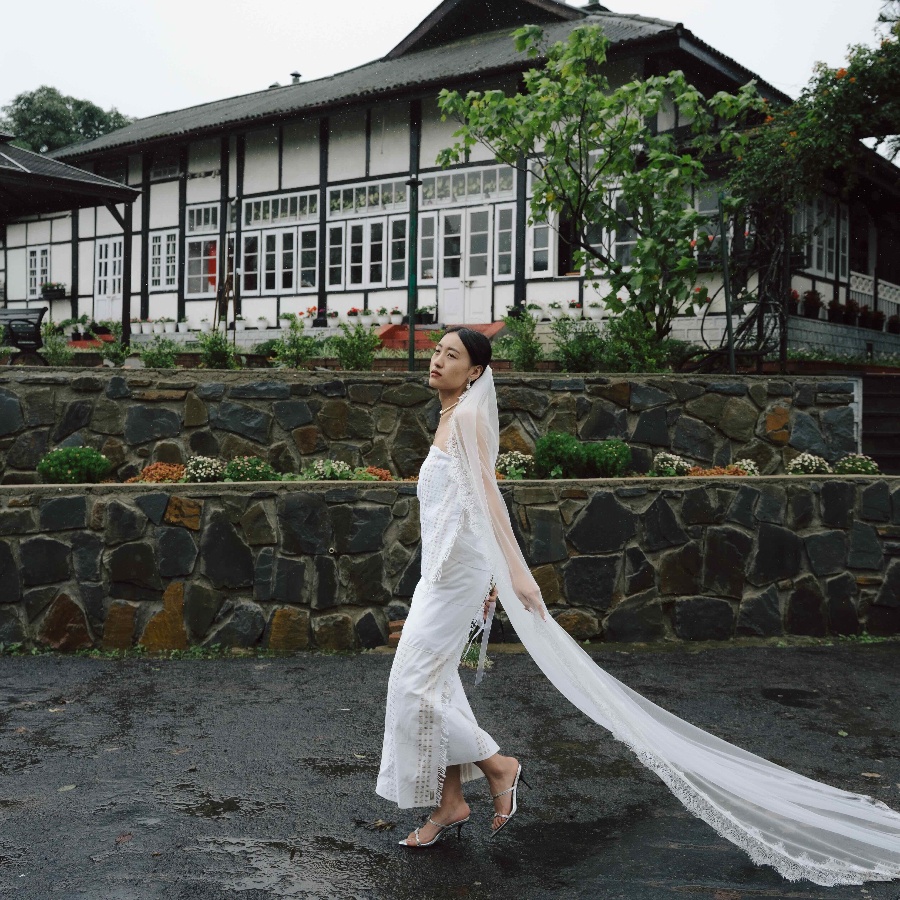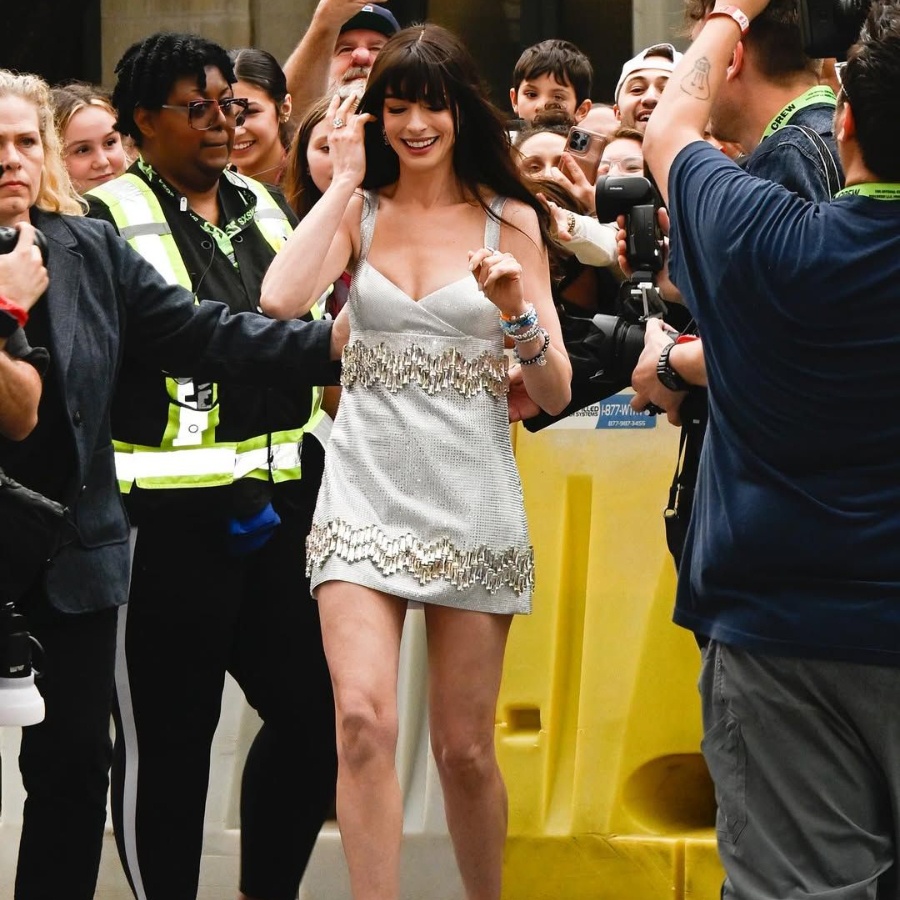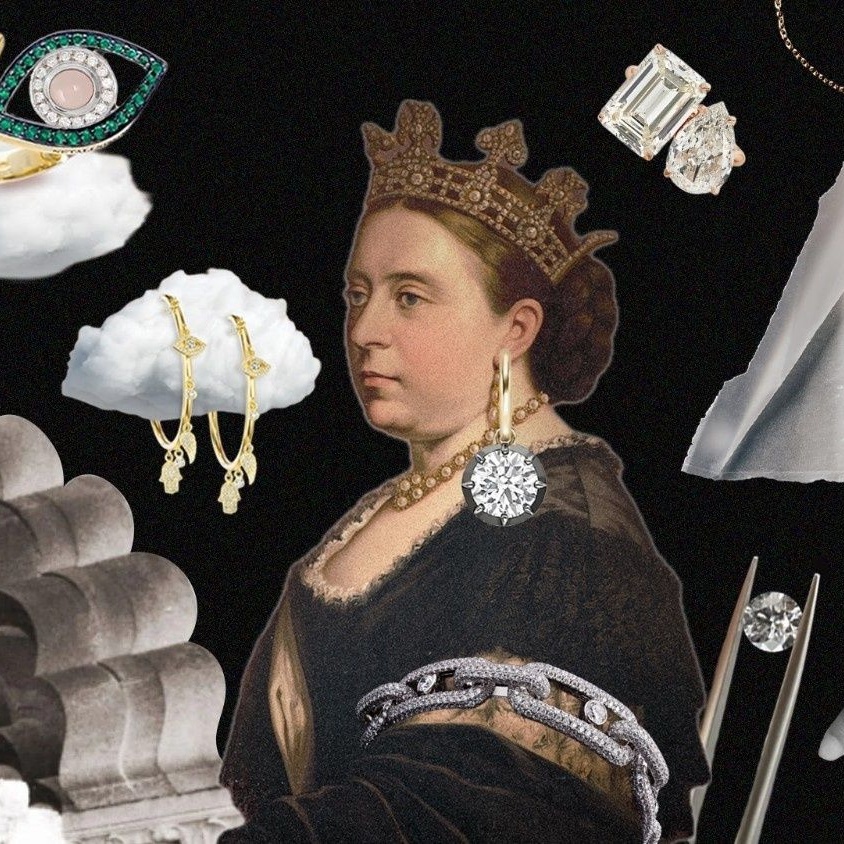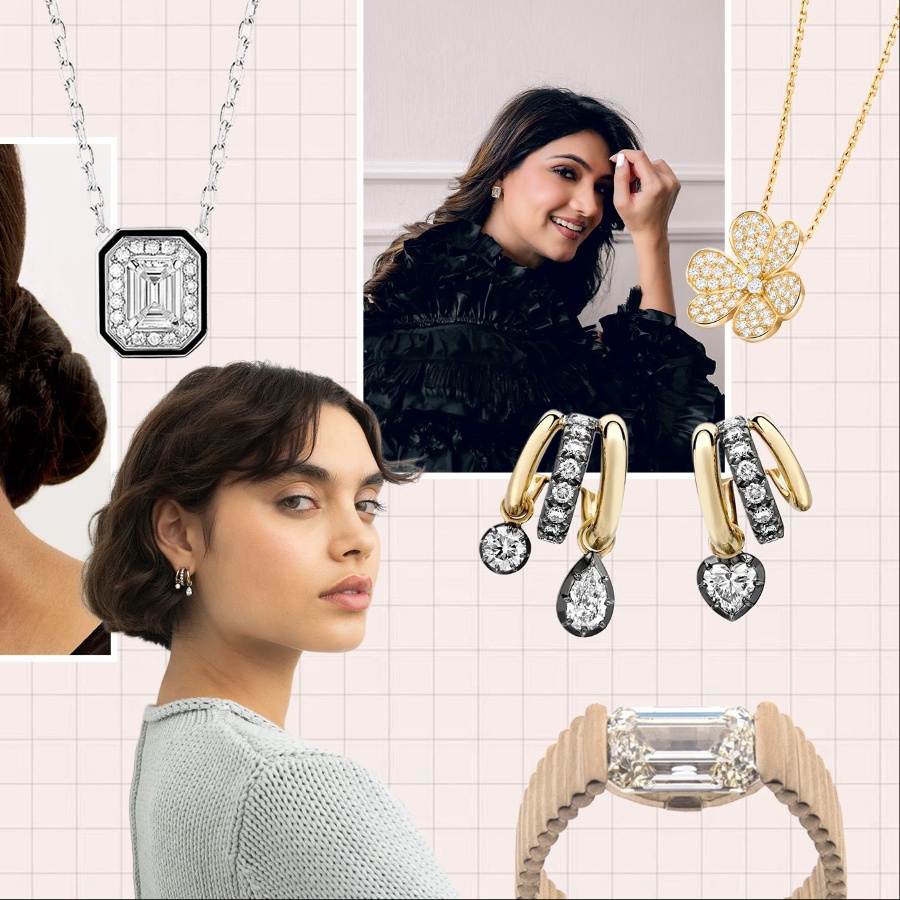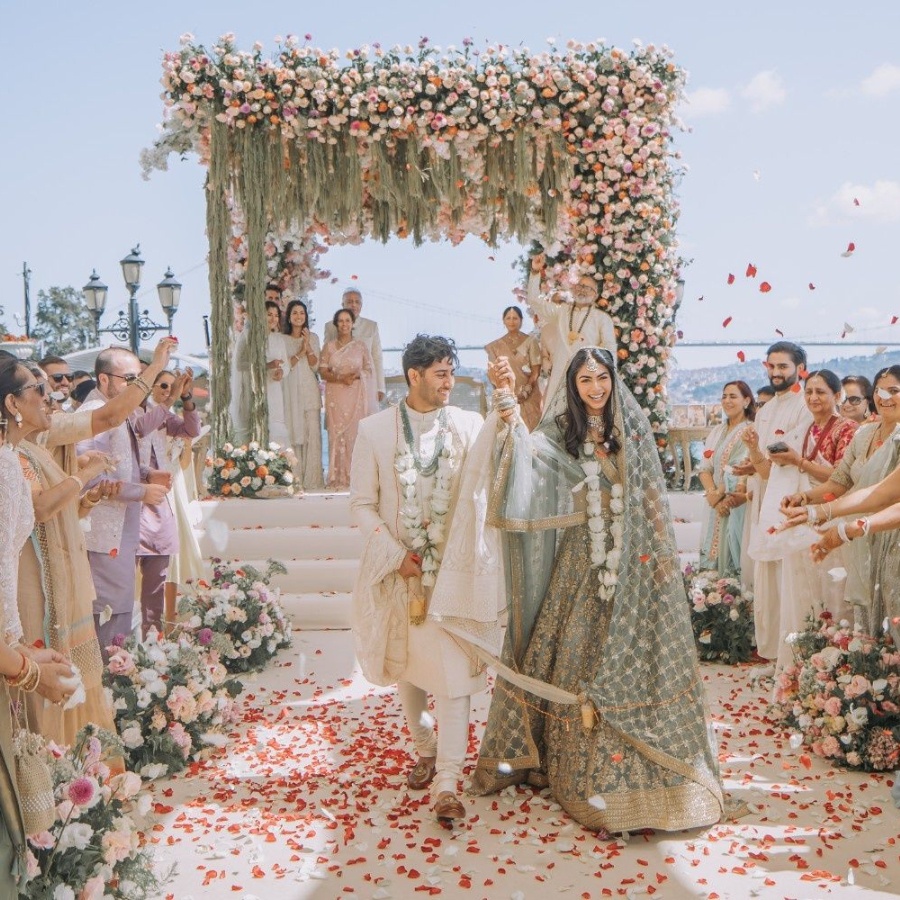A few months ago, it looked like Moonray, the luxury ready-to-wear label co-founded by Karishma Swali and her daughter Avantika Swali, was closing down. The label’s smart, tailored separates—beloved by women for their off-kilter elegance and wearability—were suddenly marked down online in a prolonged sale. Its flagship store in Kala Ghoda, too, closed without notice. In group chats and at office desks, fans of the brand began speculating: Was Moonray closing? Had the brand folded? It seemed unlikely that something so cherished and considered would just cease to exist.
Then came the announcement last month: Moonray wasn’t gone. It had evolved. On the brand’s Instagram, co-founder and creative director Karishma Swali unveiled Chorus—not a new label, exactly, but a complete reimagining of the working girl’s favourite homegrown label. The new project expands Moonray’s quiet, craft-led sensibility into something more ambitious: a multidisciplinary atelier that expands its vocabulary beyond fashion into art, objects, rituals, and even food.
“When Avantika and I began Moonray three years ago, our whole idea was to place craft at the centre in a way that’s accessible and can be enjoyed every day,” Karishma says over a video call. “For her generation, seeing craft as something contemporary was so important to its perpetuation.” That generational conversation—between continuity and change—still anchors their work. But as Moonray found its footing and garnered admirers, Karishma began to feel something else tugging at her. “Over time, we began to feel the need for a deeper dialogue. One that allows craft immersion in a way that is not seen as decorative or opulent but as part of our culture and our collective identity.”
If Moonray was an ode to simplicity, its next chapter is a study in expansion—not louder but broader and more dimensional. Karishma describes Chorus as “a living atelier that effortlessly jumps between practices and disciplines”. The name, she says, comes from the idea of harmony, “of many voices coming together and celebrating the beauty of a collective act”.
